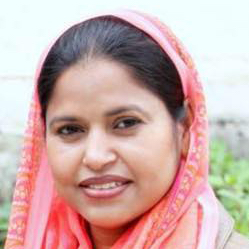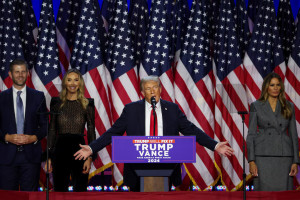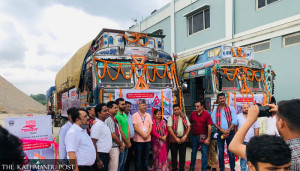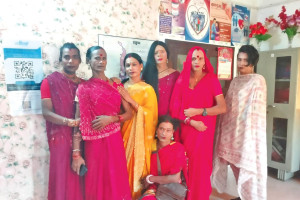Columns
Our history offers grim hope
Government after government has failed to address the grievances of the insurgency period.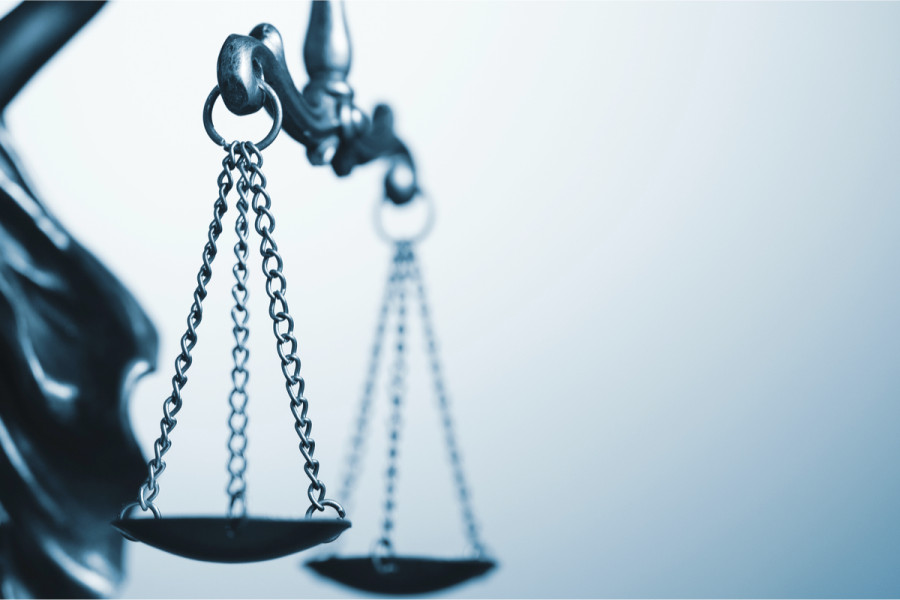
Mohna Ansari
After months of political upheaval amid the pandemic, many people now think they can see the light at the end of the tunnel and that stability has returned. We have just seen the Supreme Court rescuing the country from an abyss, restoring some level of the rule of law and respect for the constitution. This is to be welcomed. We have also seen that one of the first acts of the new government has been to extend the mandates of the two transitional justice bodies, despite appeals from victims and civil society to first amend the Truth and Reconciliation Commission Act. Once again, impunity prevails. We need to look deeper into how government after government has failed to address the grievances of the insurgency period victims despite the promises in the 2006 Comprehensive Peace Agreement (CPA).
Nepal has been plagued by crises of one kind or the other. Some are caused by natural reasons like the earthquake of 2015 and the Covid-19 pandemic, while many others stem from political instability. But the reminiscences of past events remind us of the deep inability of the state to engineer reform and pave a recovery path to remedy the losses, both human and economic. Will this government finally tackle the pandemic? Or will its mind be on the elections first and foremost? But why compare the pandemic response with the transitional justice response, you ask? The frightening resemblance of the tragedies during the earthquake and the Covid-19 pandemic prompts us to learn from the lack of rule of law in addressing the post-earthquake recovery.
Fast track constitution
While the public did not leave any stone unturned in trying to save lives and bring comfort to the victims of the earthquake, many of our political leaders were scanning the possibilities to turn the situation in their favour. The result was a “fast track constitution” which was certainly too fast for any real public consultation or for women and excluded communities to express their needs and aspirations. Amid the rush, there were widespread human rights violations against those who opposed elements of the draft constitution.
The government has still not responded to demands from the United Nations to explain what investigations it has conducted into the extra-judicial executions carried out by state forces in 2015. All this happened while the country was reeling under the trauma of the earthquake. This makes it safe to conclude that the government of the time, under the pretext of the earthquake and a smooth recovery approach after the constitution promulgation, committed a blunder that paved the way for a contentious discourse of the long-needed social justice and immediate recovery from the earthquake.
We must not forget the fact that seeds for this constitution were sown in the 2006 CPA, a historic agreement that also had provisions of transitional justice. Now that Parliament is functioning again, we can finally reform the mandate of the transitional justice bodies, which the Supreme Court ordered in 2014. The law needs to be reformed first, then only a new proper appointment of commissioners to ensure competency, independence and impartiality.
An honest assessment is needed even today to understand the factors that enabled and fuelled the insurgency for 10 years. The existing understanding that is common knowledge tells us that it was public dissatisfaction with the state and the justice system that was one of the key problems that led people to turn easily to the messages of the Maoist insurgents. The emotions related to the dissatisfaction were so strong that even the Maoists’ arbitrary and often harsh people's courts gained popularity as an alternative to the slow, biased and expensive state justice system which was widely seen as inadequate. None of the reforms, not even a pre-evaluation, has been done. The conditions that brought the conflict are largely still in place.
The essence of our problem is politicians who fight tooth and nail to keep their privileges. The rest of us who want change face many problems. We have to find a way to share a common analysis of what the problem is. Then we need to develop a basic minimum common platform of demands about the kind of society we want. And then we have to create unity of action to make achieving this a real possibility. These are precisely the things that a truth commission normally focuses on. And there are many examples around the world where this has been done admirably.
In Nepal, we have to honestly wonder whether justice will ever be done. If it is not, future generations will lay the responsibility at the door of today’s politicians, who have been myopic in the way they have time and again brushed transitional justice under the carpet or played their political games with it. For example, the recent unorthodox nomination of commissioners to many constitutional bodies (including the National Human Rights Commission and the Commission for the Investigation of Abuse of Authority) was carried out with dubious respect for the constitution. The commissioners were appointed without due process and arguably the legal and moral authority needed to do a good job.
Appointments to the Constitutional Commission were unconstitutional, and the case is pending in the Supreme Court. The people are all hoping that the Supreme Court will uphold and respect the constitutional spirit again as it has reinstated Parliament. We should call the international community to renew its commitment to human rights, to inclusive development and to transitional justice. It is high time we looked at the errors of the rulers of the day, which have meant no progress on any aspect.
The way out
Human rights violations lead to political and social instability which prevents foreign investment and leaves most of our population in some degree of poverty. The Covid-19 crisis and other accumulated crises are so gigantic that no simple remedy can be suggested. They are indeed a crisis that is no more, no less than the culmination of our decades-long search for a democratic and stable model of politics. But one way of approaching this seemingly deep mess is to get back to basics—the rule of law and an end to impunity, which would also address corruption.
This is not the full solution to our complex political crisis, made ever more complex by geopolitical considerations and the impact of the devastating pandemic. We don’t have all the answers, but we can be confident that unless rapid progress is made on the basics of the rule of law and impunity, there will be no stable and sustainable political progress that we have been promised.




 20.12°C Kathmandu
20.12°C Kathmandu